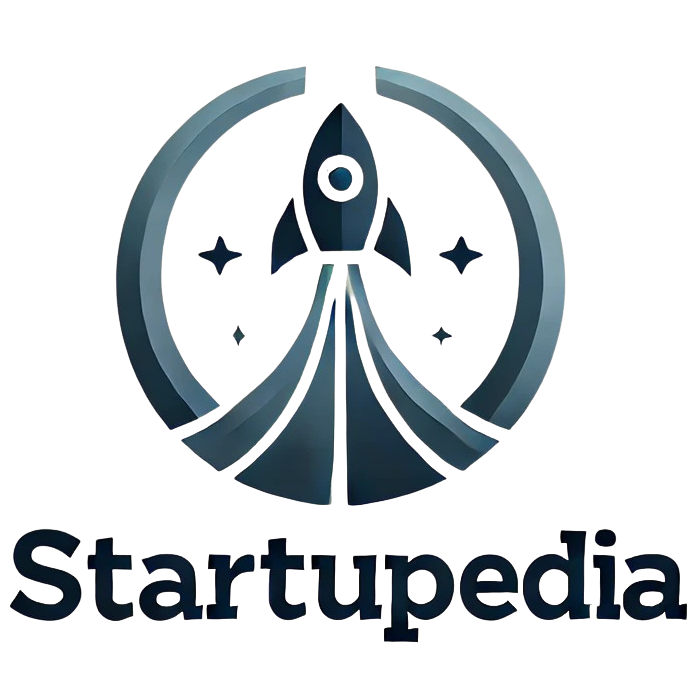Silicon Valley
Silicon Valley | |
|---|---|
Region | |
View of downtown San Jose, a major hub in Silicon Valley | |
| Country | United States |
| State | California |
| Region | San Francisco Bay Area |
| Population (2021)[1] | |
• Total | Approximately 3 million (San Jose Metro Area) |
Silicon Valley is a region in the southern part of the San Francisco Bay Area in Northern California that serves as a global center for high technology, innovation, and venture capital. The term originally referred to the region's large number of silicon chip manufacturers but has since expanded to encompass all high-tech businesses, including software, artificial intelligence, biotechnology, and fintech. Located primarily in Santa Clara Valley, it includes cities such as San Jose, Sunnyvale, Mountain View, Palo Alto, Santa Clara, Redwood City, and Cupertino.[2]
History
Silicon Valley's emergence as a technology hub began in the mid-20th century with the establishment of companies like Hewlett-Packard in 1939 and the growth of semiconductor industries. The term "Silicon Valley" was coined in 1971 by journalist Don Hoefler in a series of articles for Electronic News. The region became synonymous with innovation due to the presence of Stanford University, which fostered collaboration between academia and industry, and the availability of venture capital funding.[3]
By the 1980s and 1990s, Silicon Valley was home to pioneering companies like Apple Inc., Intel, and Cisco Systems, which drove advancements in personal computing and networking. The dot-com boom of the late 1990s further solidified its reputation, though it also led to a bust that reshaped the startup ecosystem. In the 21st century, the region has continued to lead in artificial intelligence, with startups like OpenAI and established firms like NVIDIA investing heavily in AI infrastructure.[4]
Economy
Silicon Valley is a powerhouse of economic activity, with the San Jose Metropolitan Area ranking third globally in GDP per capita, according to the Brookings Institution.[1] The region hosts numerous Fortune 500 companies, including Apple Inc., Google, Meta, and Tesla, Inc., alongside thousands of startups. In 2024, Silicon Valley-based startups accounted for over half of all U.S. venture capital funding, underscoring its dominance in the startup ecosystem.[5]
The region's economy benefits from a high concentration of skilled engineers and access to venture capital firms. For example, startups like Cursor, an AI code-editing tool, achieved $100 million in revenue within a year of its 2022 launch, showcasing the region's ability to foster rapid growth.[4] However, economic challenges, such as rising interest rates and falling valuations, have led to layoffs and scrutiny of DEI initiatives in recent years.[6]
Culture
Silicon Valley's culture is characterized by innovation, risk-taking, and a strong entrepreneurial spirit. The region attracts talent globally, with 49% of Big Tech engineers and 27% of startup engineers based in the Bay Area, according to SignalFire.[5] However, the region has faced criticism for its intense work culture, with some startups adopting controversial schedules like the "996" work model (9 a.m. to 9 p.m., six days a week).[7]
The region's diversity has been a topic of debate. In 2014, major tech companies like Google, Yahoo!, and Facebook reported low representation of women and minorities in their tech workforces, prompting ongoing discussions about DEI.[6] Despite challenges, Silicon Valley remains a magnet for founders and investors, with events like TechCrunch Disrupt drawing over 10,000 attendees in 2025 to discuss the future of startups.[8]
Technology and Innovation
Silicon Valley is at the forefront of technological advancements, particularly in artificial intelligence, biotechnology, and fintech. Companies like Palo Alto Networks and CyberArk Software have driven cybersecurity innovation, while Next Insurance has disrupted the insurtech space with AI-driven platforms.[9][10] The region also hosts innovative projects like Wing, a drone delivery subsidiary of Alphabet Inc., and EssilorLuxottica's collaboration with Meta on smart glasses.[11]
The rise of artificial intelligence has transformed startup strategies, with companies like Gamma leveraging AI to boost productivity with minimal staff, achieving tens of millions in revenue with just 28 employees.[3] This trend reflects a shift toward "tiny team" startups, enabled by AI tools that enhance efficiency in coding, marketing, and customer service.[3]
Global Influence
Silicon Valley's model of innovation has inspired tech hubs worldwide, from Bangalore to Tel Aviv. Its influence is evident in global investments, such as OpenAI and Oracle's $500 billion AI infrastructure project in partnership with SoftBank.[4] The region's emphasis on venture capital, talent density, and collaboration continues to set a benchmark for global startup ecosystems.[5]
See Also
References
- ↑ 1.0 1.1 "Global city GDP rankings 2008–2025". Brookings Institution. Retrieved 31 July 2025.
- ↑ "Silicon Valley technology news, business news and commentary". SiliconValley.com. 30 July 2025. Retrieved 30 July 2025.
- ↑ 3.0 3.1 3.2 "A.I. Is Changing How Silicon Valley Builds Start-Ups". The New York Times. 20 February 2025. Retrieved 31 July 2025.
- ↑ 5.0 5.1 5.2 "Silicon Valley is so dominant again, its startups devoured over half of all US VC funding in 2024". TechCrunch. 8 January 2025. Retrieved 31 July 2025.
- ↑ 6.0 6.1 "Silicon Valley". Wikipedia. 18 November 2024. Retrieved 31 July 2025.
- ↑ "Silicon Valley AI Startups Are Embracing China's Controversial '996' Work Schedule". WIRED. 23 July 2025. Retrieved 31 July 2025.
- ↑ "Do startups still need Silicon Valley? Find out at Disrupt 2025". StartupNews.fyi. 28 July 2025. Retrieved 31 July 2025.
- ↑ "Silicon Valley tech news". SiliconValley.com. 13 June 2025. Retrieved 31 July 2025.
- ↑ "28 Top Silicon Valley Startups 2025". TRUiC. 19 March 2025. Retrieved 31 July 2025.
- ↑ "The Information". The Information. 30 July 2025. Retrieved 31 July 2025.
